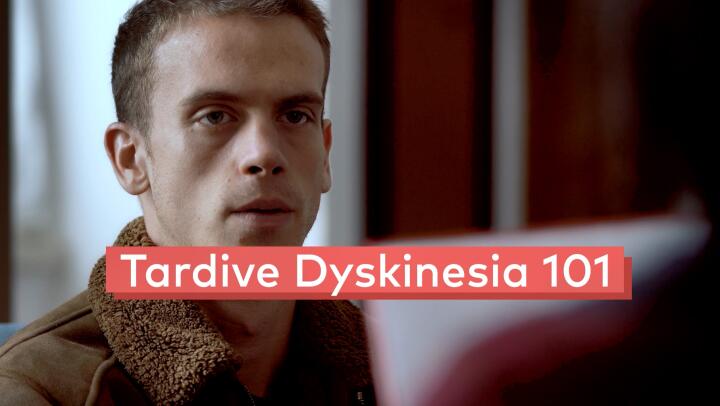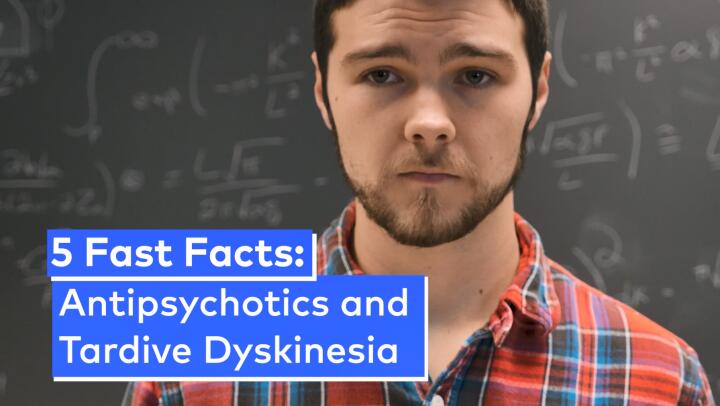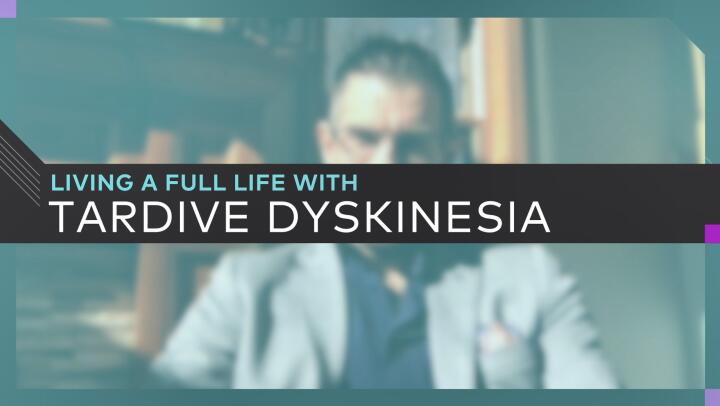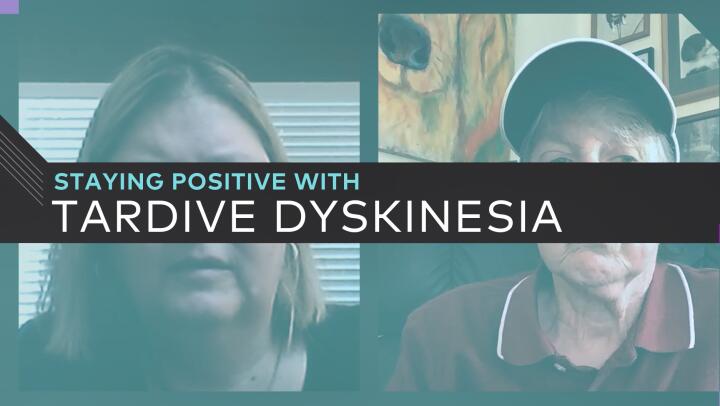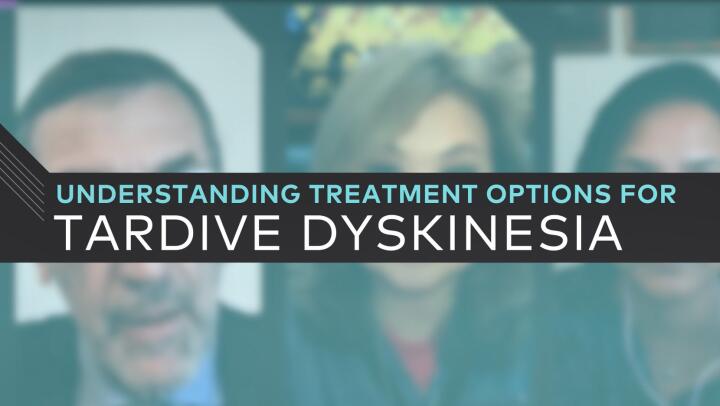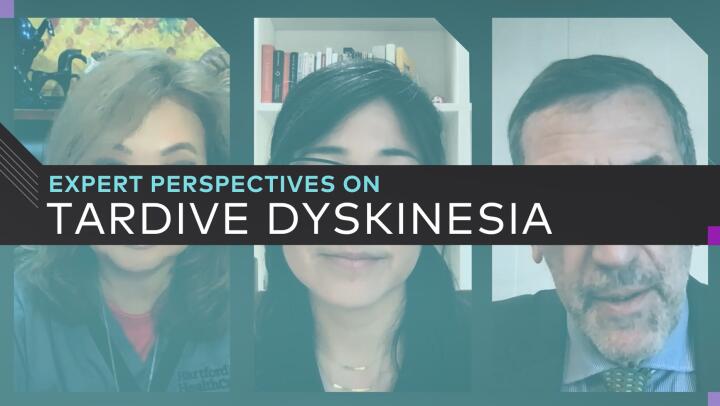
About half of people living with schizophrenia don't understand or fully appreciate that they have a mental illness. They may insist that they aren't ill and don't need help. In their minds, their delusions are real. The term for this condition is anosognosia, or "lack of insight into being ill."
Caring for a person with anosognosia can be frustrating. Your loved one may refuse therapy and medication because, in her mind, there's no sickness. She may get angry when she's confronted about this.
What Is Anosognosia?
Schizophrenia affects the frontal lobes, the part of the brain that helps people understand and evaluate experiences. People with anosognosia aren't just in denial. They truly believe their delusions or hallucinations are real. Even when you show them hard evidence that challenges their beliefs, they don't see they are ill.
Compared with people who are aware of their illness, people with schizophrenia who suffer from anosognosia experience worse symptoms, research shows. They may also have a lower quality of life. This is probably because they are less likely to take medication and get treatment.
Treating People Who Don't Think They're Sick
Currently, there are no medications or other treatments that experts know of to relieve anosognosia. However, some hopeful findings suggest it may be treatable in the future.
People who lack insight can decide to accept treatment, even if they don't acknowledge their disease. To start, it's best to approach them in a nonthreatening, compassionate way. People with schizophrenia often do not respond well to criticism. Instead of trying to convince them they're sick, ask them about their goals. For instance, perhaps the person wants to get his own apartment. Use this as a springboard to discussing the next steps. Even if the person doesn't acknowledge being ill, he'll be able to make positive progress. It can help to clearly link the person's goal with taking their medication to prevent a relapse.
Common Challenges and How to Cope
You may not know what to say when a person believes something that obviously isn't true. You don't want to go along with him—but telling him that he's wrong won't do any good, either. Your best move is to say that you see the situation differently. Use a kind and respectful tone. And say it's OK when people see things in different ways, as long as they and others are safe.
If the person under your care stops taking medication or refuses treatment, seek professional help. Talk with the person's doctor about what you should do. Or take your loved one to the emergency room if you are seriously concerned for his health.
There are times when a person's lack of insight may cause an unsafe situation. Call the police or hospital for help if you witness dangerous behavior.
Seek Support
Caring for a person with anosognosia can be very challenging. Remember, you're not alone. Many other caregivers also struggle to help someone who lacks insight. A caregiver support group can help you cope with your feelings. Fellow caregivers can also offer advice and recommend local services. Visit the National Alliance on Mental Illness at www.nami.org for a variety of caregiver support resources.
Key Takeaways
- About half of people who have schizophrenia don't understand that they have a mental illness. This is called anosognosia, or "lack of insight into being ill."
- People with anosognosia truly believe their delusions are real. They may be less likely to take medication and get treatment.
- Your best response is to respectfully say that you see the situation differently. Say that it's OK when people see things in different ways, as long as they and others are safe.
- Instead of trying to convince the person that he's sick, ask him about his goals. Use this as a springboard to discussing the next steps in treatment.




